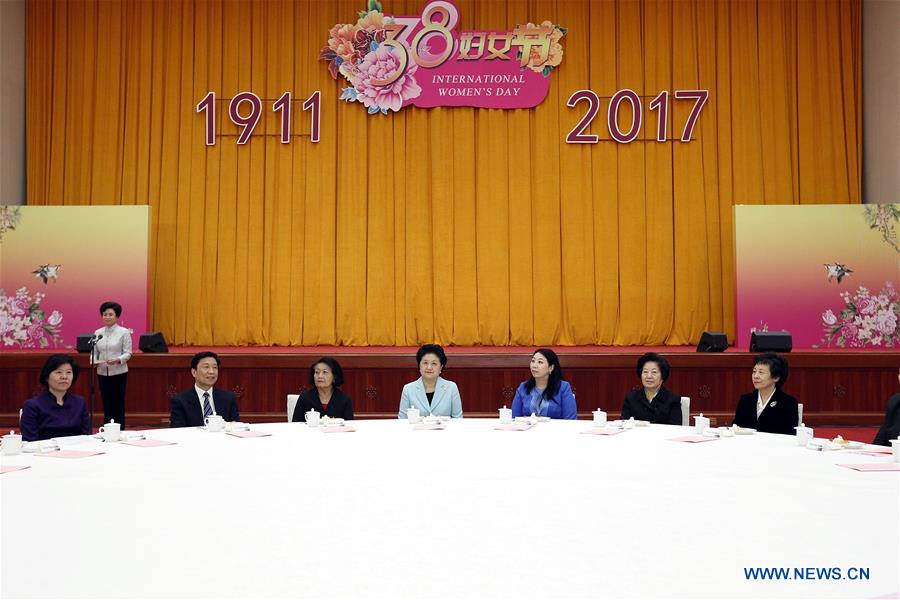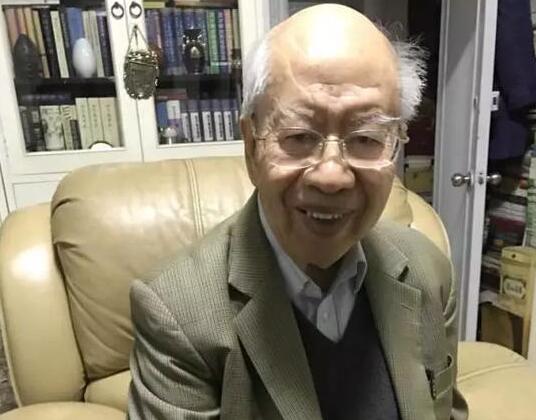Audits help money get to the poor
Inspection and audit efforts to prevent the improper use of poverty relief funds have paid off, said the top poverty relief official.
Liu Yongfu, director of the State Council Leading Group Office of Poverty Alleviation and Development, made the comment on Tuesday during a news conference at the fifth session of the 12th National People’s Congress.
“In 2013, we audited poverty relief funds used in 17 counties, where 15 percent of the money was improperly used,” Liu said. “In 2016, we audited 30 counties and the ratio was down to only 3 percent.”
He said the country’s disciplinary watchdog unearthed about 16,000 cases related to improper use of poverty relief funds in 2016, leading to more than 19,000 people being punished. A hotline set up by the office has received more than 10,000 phone calls in the past two years.
“Previously, the majority of problems were related to corruption and waste. Now, the main problem is many of the funds are kept in the account unused,” Liu said.
“More problems are now found in townships and villages instead of cities and counties.”
He said the government will also help grassroots officials improve their ability to “spend the money well”. Each county is encouraged to set up a database so that the funds and projects are subject to public supervision.
China lifted 12.4 million rural residents out of poverty last year as part of the central government’s campaign to lift the remaining poverty-stricken people out of poverty by 2020. There are still 43.3 million people living below the poverty line of 2,300 yuan ($335) in annual income, according to National Bureau of Statistics.
Last year, China managed to increase the average per capita annual income of rural residents living in registered poor areas to 8,452 yuan, an increase of 8.4 percent compared with 2015, according to the bureau.


